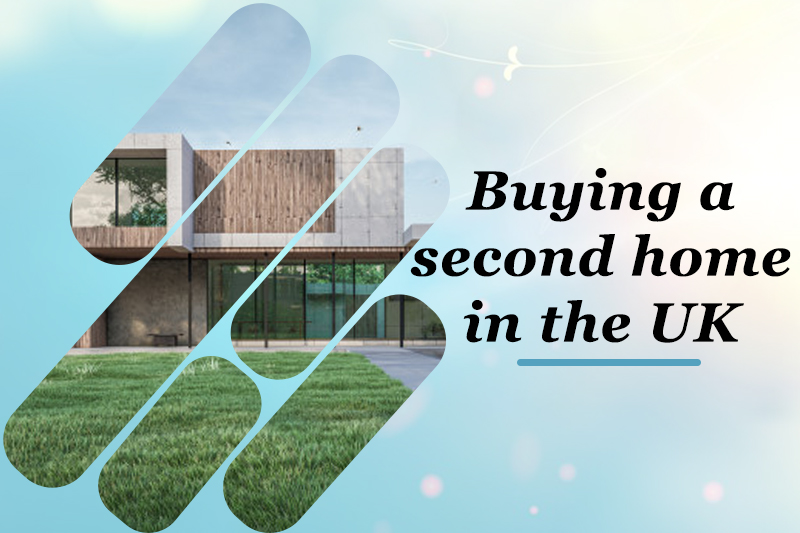What do you need to know about Buying a Second Home in the UK

January 18, 2021
It is always a good idea to invest in property and also the idea of owning a second home is tempting. However, we need to keep one thing in mind Real estate is riskier than most people realize—and it’s not just about the money you tie up in your property. Therefore, we need to think twice before making any decision related to property.
According to a recent survey, around 10 per cent of Brits either in the UK or overseas, currently own a second property. There are various reasons to buy a second property the preference for country life, needing a local place to stay but wanting space and fresh air at the weekends. Etc. Alternatively, a person may have a large sum of money to invest and decide to sink it into a property so that he can obtain some practical use from it while it (hopefully) increases in value. Therefore, it is mandatory to decide the reason before buying a second home as it will determine the choice of property.
The additional property owned is known as a secondary residence. Hence, a person has to pay an extra 3 percent surcharge on top of the usual stamp duty. Unlike first-home stamp duty, it includes properties under the value of £125,000. A person could move into the second property by letting out his current home and this would mean switching the first home to a buy-to-let mortgage.
Assuming the person has owned enough equity, he could remortgage his current home to release some of that value as a cash sum. This can be both complex and risky, however, it is better to consult a mortgage adviser about the practicalities.
During a property boom, this can be a very lucrative practice, to buy relatively cheap property, to carry out renovations or extend it, and then sell it on quickly as a finished product but it carries a high risk – if the market suddenly stalls or crashes, as a person can lose huge amount of money and be left with a half-finished home which he can’t sell.
To save on tax and avoid anger from residents who feel they’re being forced out of their native home, some people choose a purpose-built property. However, if a person is planning to move there permanently someday, it might affect his/her future as some purpose-built properties don’t have planning permission to be residential all year round.
If you’re a homeowner and want to buy a home with a relative, this is counted as a secondary residence and you will have to pay the stamp duty surcharge. A property will be classed as a mixed-use property if the property bought is only partly used for business purposes and also partly for residential. A mixed-use property will mean lower stamp duty, though the person who is going to buy that property will, of course, have to pay other taxes and higher business rates.
The ultimate aim is to keep in mind that when buying a secondary residence, everyone should take double the care.


